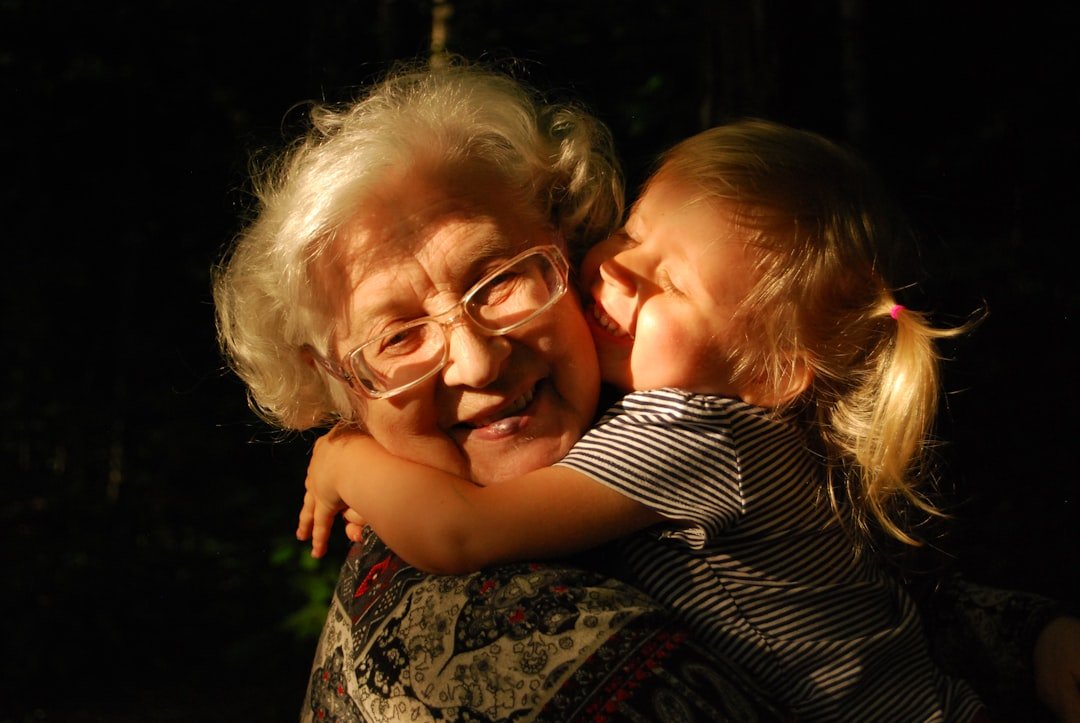Exploring Traditional Romanian Family Values
Exploring Traditional Romanian Family Values
Romania, a picturesque country located at the crossroads of Central and Southeastern Europe, is rich in history and culture. Among its many treasures, traditional family values stand out as a cornerstone of Romanian society. These values encapsulate the unity, respect, and deep connections that bind families together, transcending generations. In this blog post, we will delve into the essence of these values, exploring their significance and relevance in today’s world.
The Essence of Romanian Family Values
1. Strong Family Bonds
At the heart of Romanian culture lies the concept of family. Families are often large and extended, encompassing not only immediate family members but also grandparents, aunts, uncles, and cousins. This interconnectedness fosters a sense of belonging and communal support that is vital in times of need.
Key Features of Strong Family Bonds
Feature Description Respect for Elders Elders are revered and their wisdom is sought after. Collective Decision-Making Families often make decisions collectively, valuing everyone’s input. Shared Responsibilities Duties and responsibilities are shared among family members.
2. Hospitality and Generosity
Romanians are known for their warm hospitality. When guests arrive, they are welcomed with open arms and often treated to delicious homemade meals. This tradition reflects the value placed on relationships and community, emphasizing that sharing is a fundamental aspect of family life.
The Importance of Hospitality
Aspect Explanation Building Relationships Hospitality enhances bonds with friends and extended family. Cultural Exchange Guests often share stories or experiences, enriching family traditions. Strengthening Community Acts of generosity foster a spirit of togetherness within neighborhoods.
3. Respect and Obedience
Respect for parents and authority figures is deeply ingrained in Romanian culture. Children are taught to value their parents’ opinions and to be obedient, ensuring that family harmony is maintained. This respect extends to the broader community, reinforcing social cohesion.
Components of Respect
Component Description Teaching Values Early Children learn the importance of respect from a young age. Role of Education Formal education often includes lessons on respect and civility. Community Expectations Adherence to respect strengthens community relationships.
The Role of Tradition
1. Cultural Heritage
Romanian family values are closely linked to the country’s rich cultural heritage. Traditional practices, customs, and celebrations, such as weddings, birthdays, and religious holidays, reinforce family ties and provide a sense of identity.
Celebrations and Their Significance
Celebration Importance Weddings Symbolize the union of families and are elaborate affairs. Christmas A time for families to gather, share meals, and exchange gifts. Easter Involves family traditions like painting eggs and sharing festive meals.
2. Passing Down Traditions
Traditions are not just celebrated; they are passed down through generations. Grandparents often play a crucial role in teaching younger family members about their heritage, instilling the values of family and culture.
The Process of Transmission
Method Description Storytelling Elders share tales that highlight moral lessons and family history. Involvement in Rituals Children participate in family rituals, learning their significance firsthand. Culinary Traditions Recipes and cooking techniques are often handed down, uniting families through food.
Navigating Modern Challenges
While traditional family values remain strong, modern challenges such as urbanization, globalization, and technological advancements have led to changes in family dynamics.
1. Balancing Tradition with Modernity
Many Romanian families strive to maintain their traditional values while adapting to contemporary lifestyles. This balance often requires open communication and compromise among family members.
Strategies for Balance
Strategy Description Open Dialogue Encouraging conversations about the importance of tradition and modernity. Family Meetings Regular gatherings to discuss family concerns and aspirations. Blending Traditions Combining traditional customs with modern practices, such as digital communication.
2. The Role of Education
Education plays a crucial role in shaping the future of family values. As children grow and are exposed to different cultures and ideas, it becomes essential to instill the significance of their heritage while promoting respect for others.
Educational Approaches
Approach Description Inclusive Education Teaching children about various cultures fosters understanding and respect.

Leave a Reply